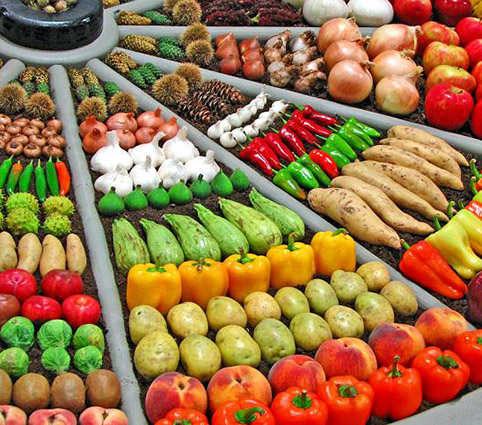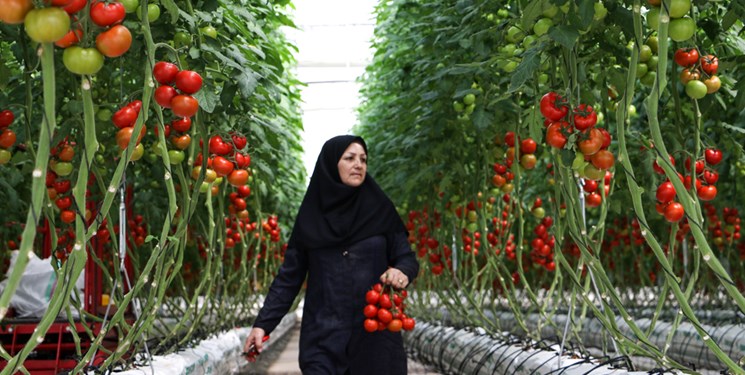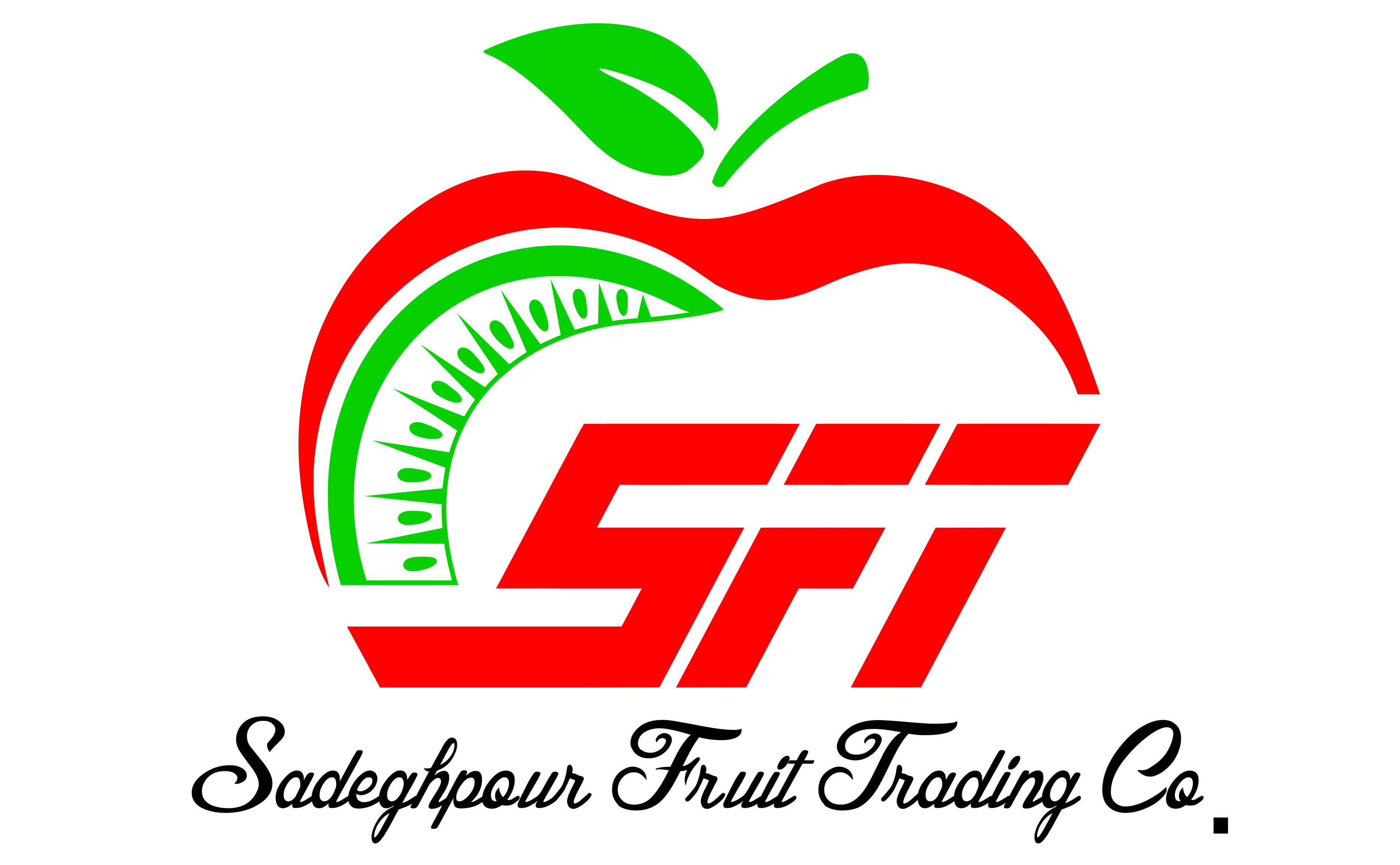As is clear from the title of the article, we are going to get familiar with summer crops, their benefits and how to produce them for domestic and export them abroad from Iran.
Various types of eggplant, peppers, cabbage, squash, tomatoes, cucumbers, lettuce and turnips, etc., are among the summer crops.
Since Iran is a four-season country, it is possible to cultivate different types of summer crops throughout the year. The nutritional value of summer crops is very high and Iranian producers and exporters can try to produce quality products and supply the domestic market, to supply products to foreign markets and increase their share in global competition.
Benefits of summer crops
In general, summer crops are rich in vitamins such as phosphorus, magnesium, calcium, potassium, sulfur, sodium, iron, chlorine, zinc, copper, iodine, vitamins A, B and C. They have high nutritional value and low fiber, so people who care about their health are regular customers of these products.
Eggplant: Reduces inflammation and swelling, diuretic, analgesic, good for stomach tonic, relieves blockage of arteries and relieves anemia.
Turnip: remove sand and stones from the kidneys and bladder, light-enhancing germicidal eye, lowers blood pressure, and is a very strong antibiotic. It is very useful for treating coughs and colds.
Pumpkin: While is produced in different types of pastry, lazy, egg, apricot and desert, but in general it is anti-parasitic, cooling, moisturizing, hematopoietic, blood purifier, constipation and diuretic.
Cabbage: anti-diarrheal, appetizing, hypnotic, sedative, energizing, anti-obesity, blood purifier and is very useful for strengthening the nails and hair, has detoxifying and anti-inflammatory benefits and will protect the body against the dangers of radiation therapy.
Tomatoes: Most of the tomatoes are water (95%) and the rest is fiber and carbohydrates (5%). Its healing benefits include helping to prevent cancer, increasing the body’s resistance to infectious diseases, strengthening the nervous and brain systems, improving muscle movement, comfortable sleep, converting glucose into useful energy, treating depression, improving the disease and many Named other properties.
Cucumber: Cucumber is used for weight loss diets. Its benefits include controlling blood pressure, treating kidney failure, liver disease, teeth and gums, preventing the growth of cancer cells in the body, regenerating the skin, controlling puffiness of the eyes, treating sunburn, reducing cardiovascular disease and many other medications.

Lettuce: It is one of the most widely consumed vegetables in the world which has many benefits on the health of the body and is very effective in preventing all kinds of cancers and strengthening the eyes. The benefits of lettuce include: reducing inflammation, helping to lose weight, improving brain health, heart health, reducing diabetes, eye health, helping the gastrointestinal tract and improving digestion, treating insomnia and many medicinal and therapeutic properties.
Corn: Most of us mistakenly consider corn to be a vegetable. While it is an edible seed and has many benefits to our health: prevent constipation and hemorrhoids; Improving the body growth process; Weight Gain; Rich in minerals for the body; Cancer prevention; Protection of the heart and eyes; Diabetes control; Interestingly, corn is also used in many makeup products.
Green beans: The most prominent benefit of green beans is the fight against cancer. But it is also very useful for pregnancy and fertility, reducing the risks of depression, bone strength and health, weight control, and heart health.
Production of summer crops in Iran
In spring and early summer, the initial work of cultivating these crops is done and they are harvested in summer or early autumn. Due to its high diversity, summer crops are in demand at all times and can also be grown in small environments, so they have great economic value and people need them all year round. A producer can plant different types of summer crops depending on the climate of his region.

Since other countries producing summer crops have not benefited from the climatic diversity in Iran, the production of these products in Iran is possible even in cold seasons and many producing countries that are not able to produce these products in cold seasons have to meet their market needs by Import recourse.
summer crops exports in Iran
Annually, large quantities of bell peppers produced in Iran are exported to countries such as Georgia and the United Arab Emirates. Countries around Iran that share a border with include Iraq, Russia, Afghanistan, the UAE, Armenia, Turkmenistan, Georgia and Azerbaijan, all of which are importers of summer crops from Iran, but in the meantime Pakistan and Syria are very good markets for tomatoes and cucumbers.
As a result, the cucumber and tomato market can have a large share in the global arena due to its high demand in domestic and foreign markets. We are currently the fifth largest exporter of summer crops in the world and the first largest exporter in the Middle East, and all the countries around us are consumers of our products.

For example, a country like Syria is not able to produce a lot of agricultural products due to the cold, and Iranian exporters can expand their business and import a lot of currency into the country according to the country’s capabilities in producing agricultural products.
Takeaway
We are familiar with summer crops and some of its types, but it is better not to confuse it with different types of vegetables. According to the botanical definition, summer crops are fruits, i.e. part of the plant is produced by flowering, and since Iran is a four-season country, it is possible to cultivate different types of summer crops in Iran throughout the year, and as a result it is possible to export these products to countries of this variety. They do not have a favorable climate, but it also provides a good opportunity for us to enter competitive arenas.
